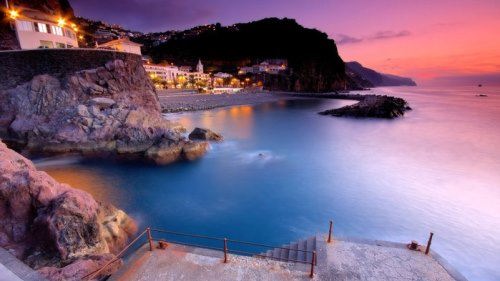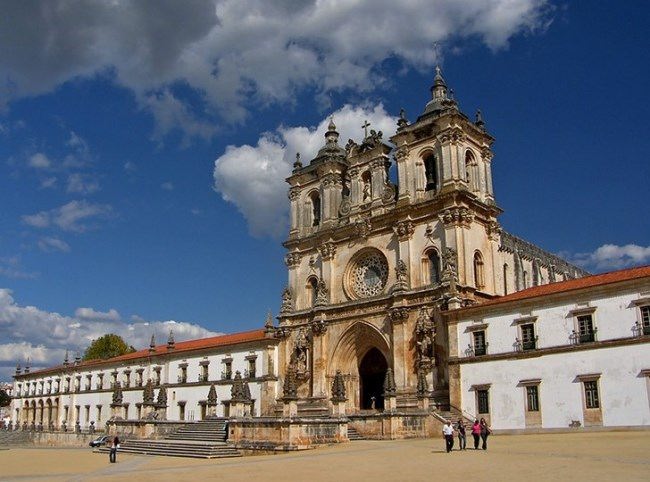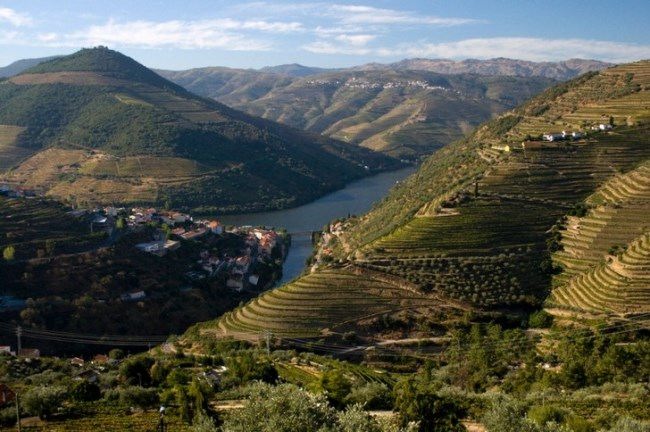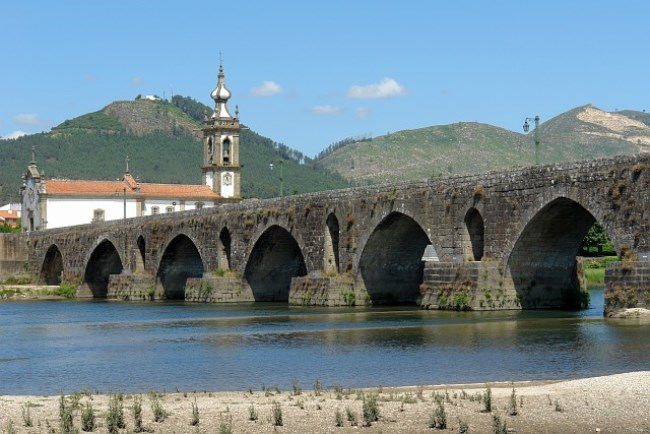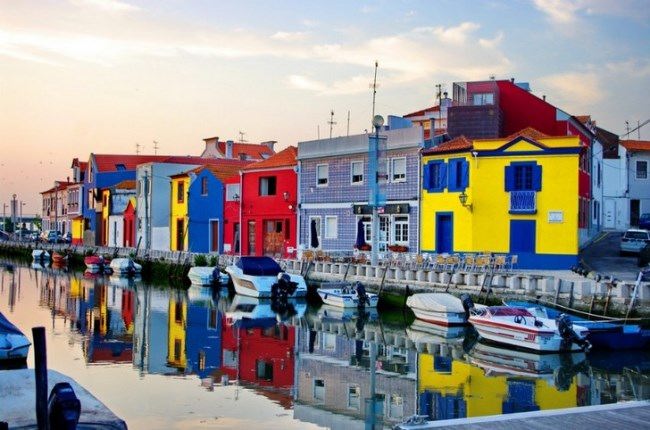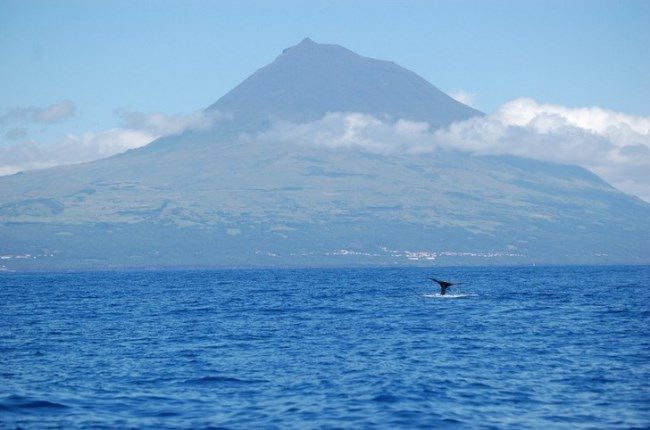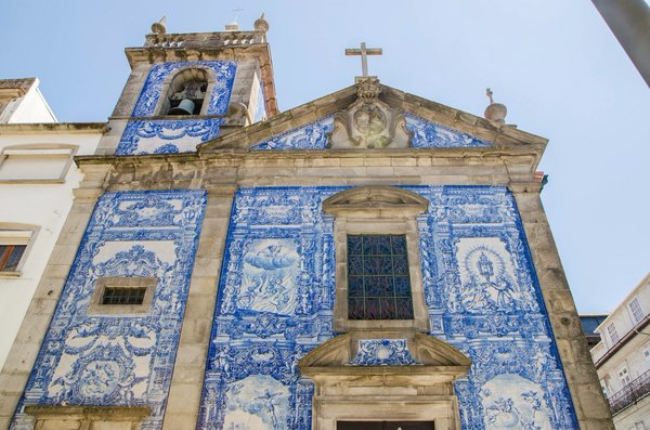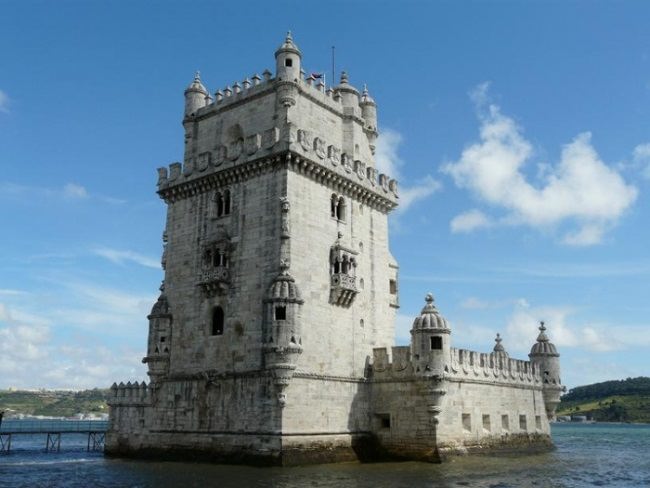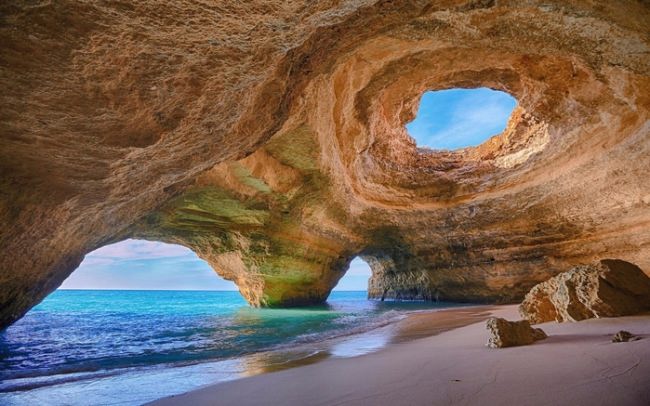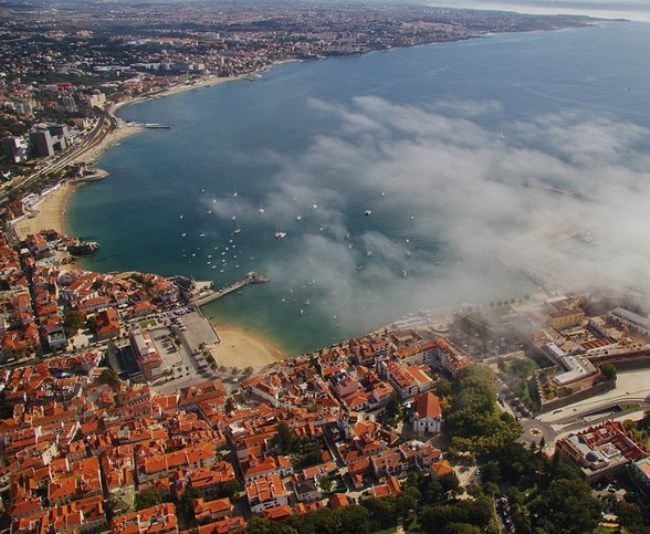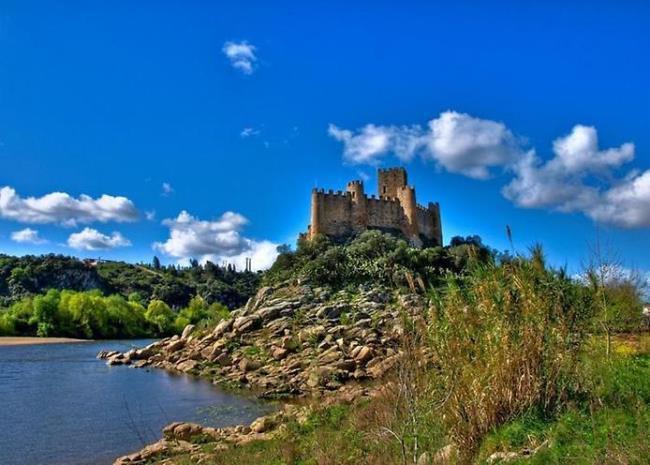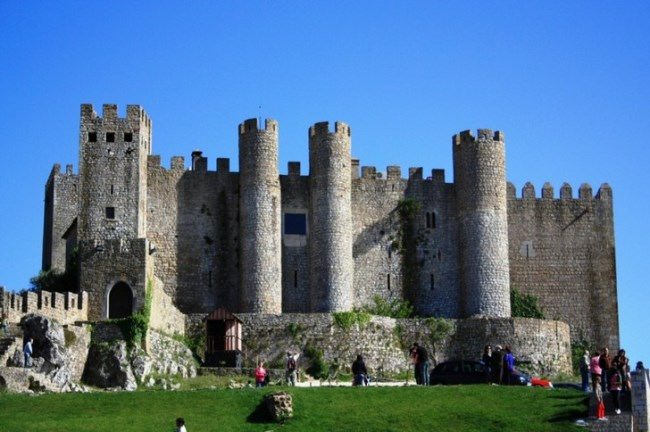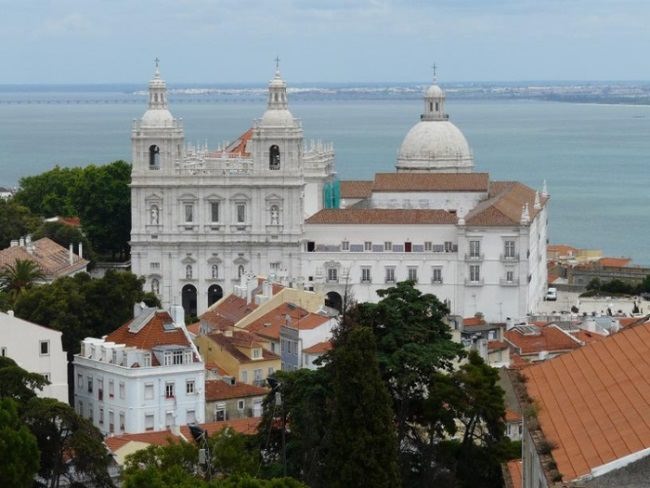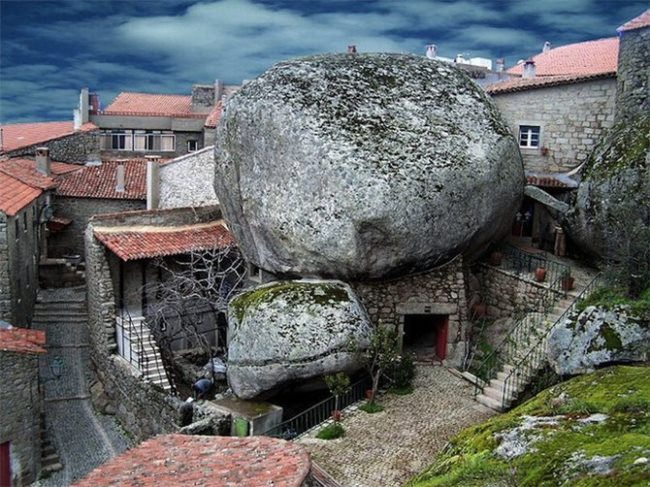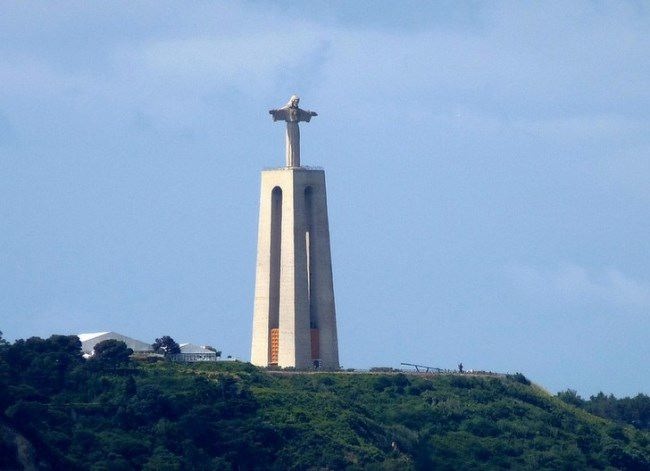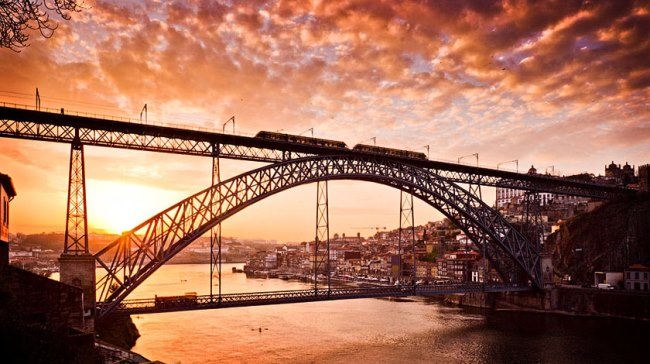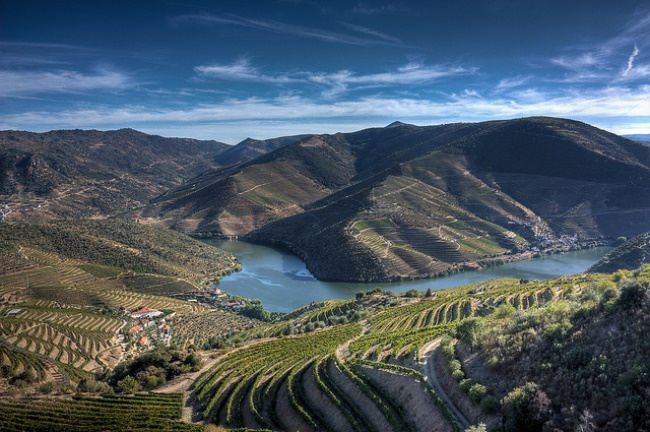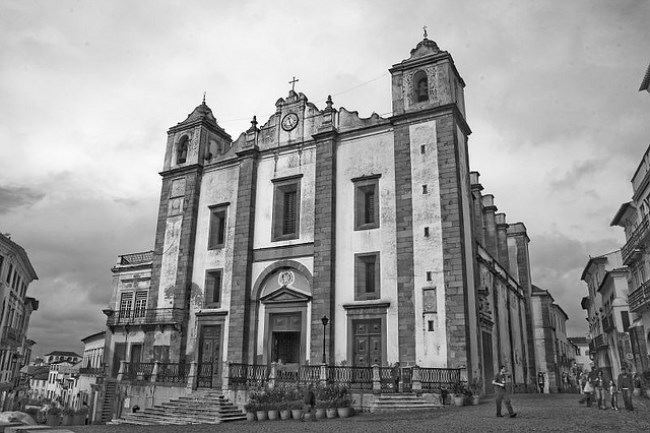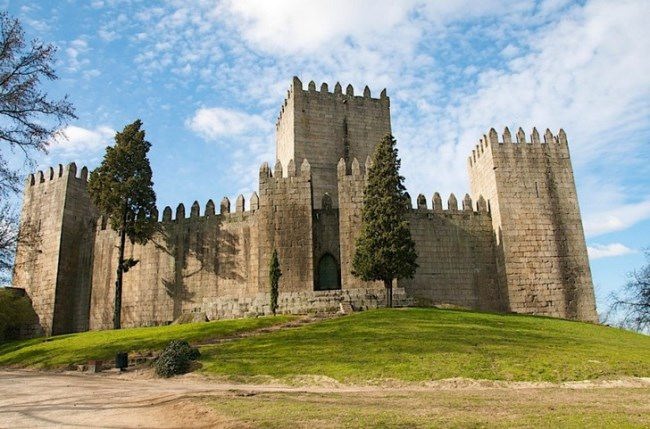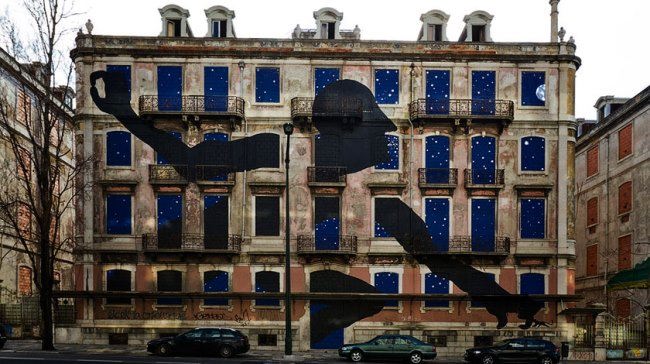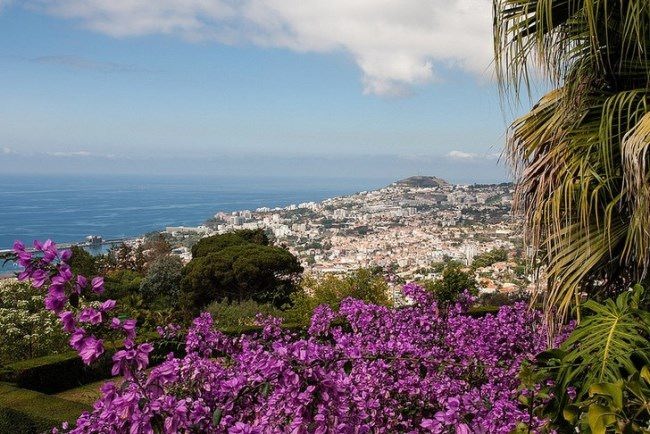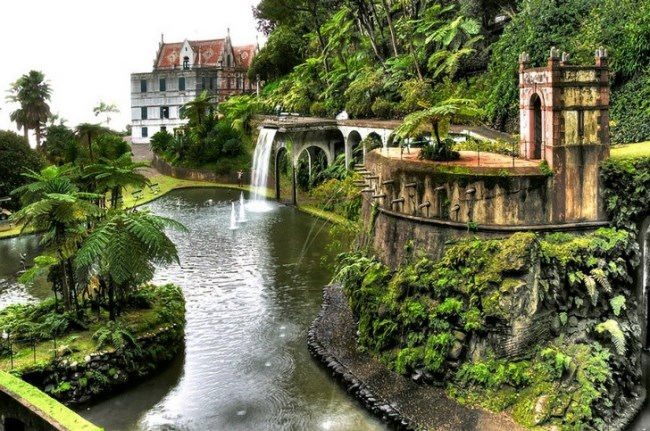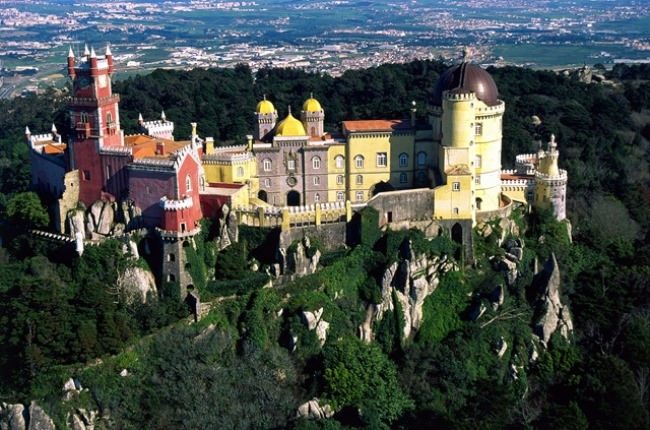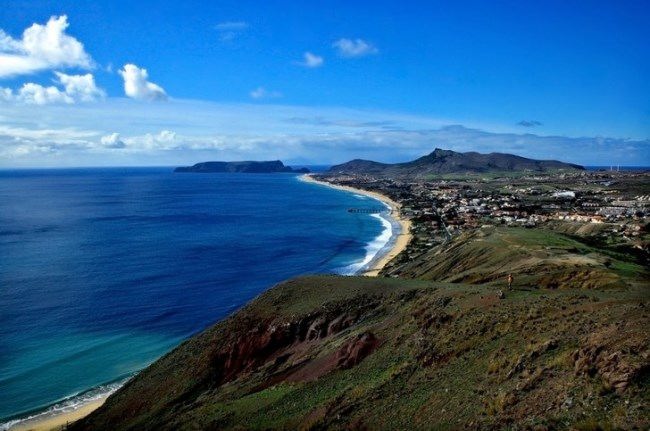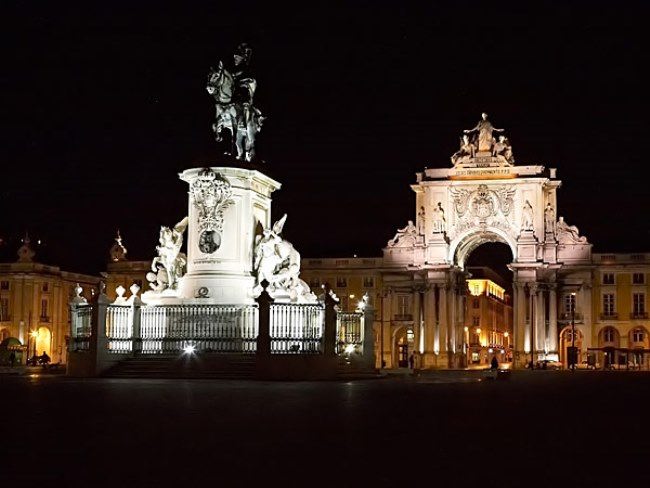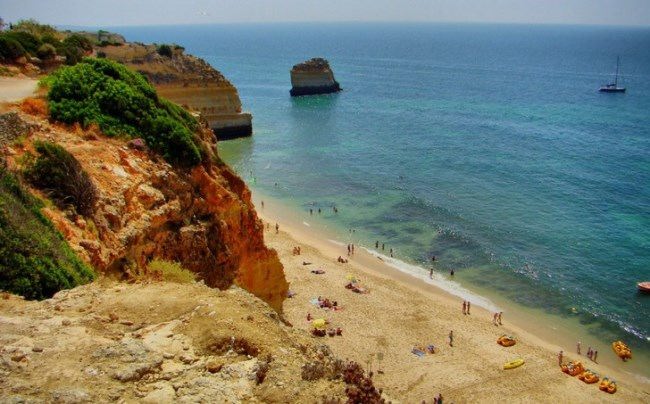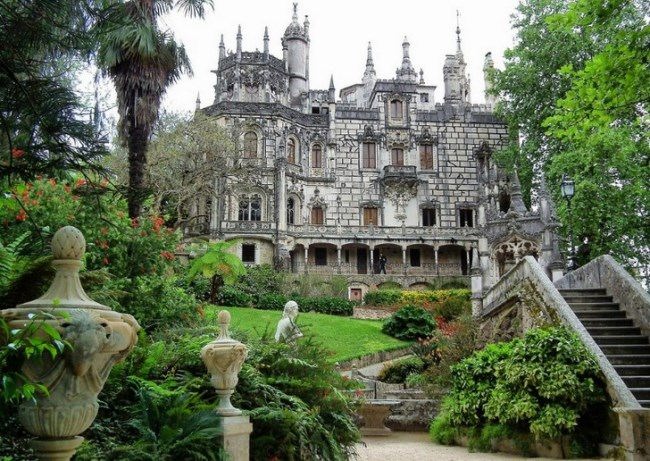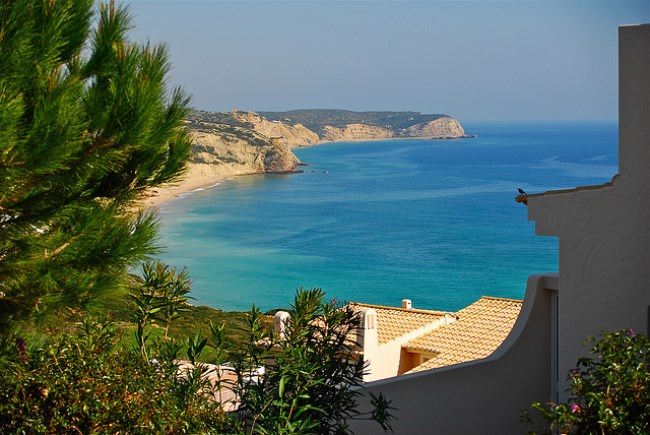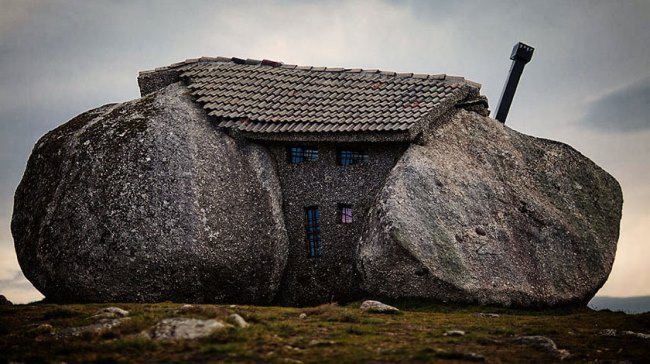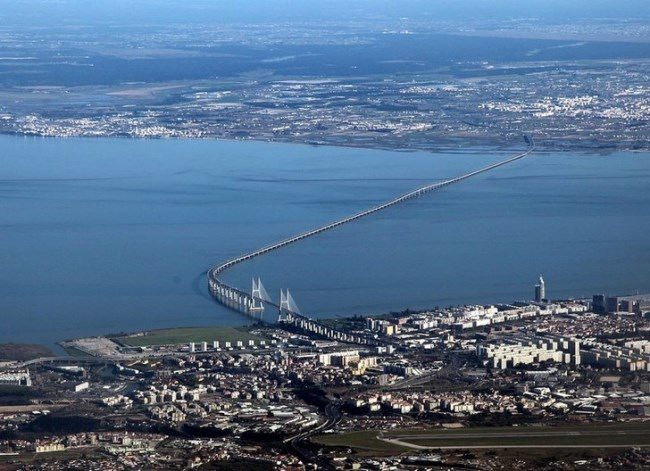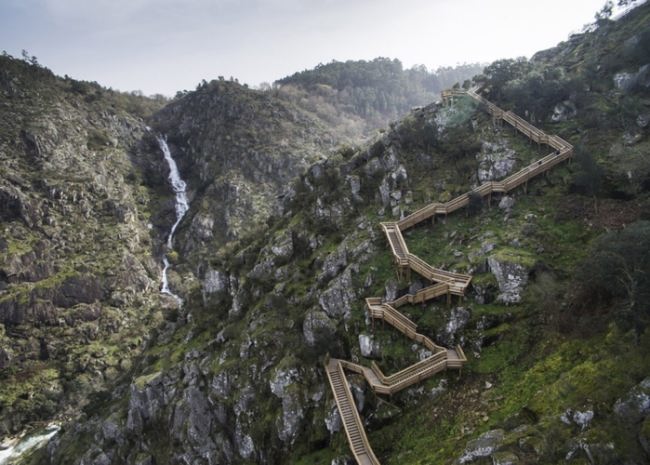Portugal – wonderful European country
Portugal is a small country in southwestern Europe with the only neighbor, Spain. Spain and Portugal make up the Iberian Peninsula. The Atlantic Ocean lies to the west and south. The country’s area is 92,391 square kilometers. Its official name is Portuguese Republic.
Iberian peoples settled in what is now Portugal more than 7,000 years ago. Celtic peoples began to arrive about 3,000 years ago. Ancient Rome ruled the Iberian Peninsula from the 100s BC to the AD 400s. Germanic peoples controlled much of the land until Muslims invaded in 711. In 1179 the kingdom of Portugal was established and soon became one of Europe’s great powers. In the 1400s Portuguese sailors were the first Europeans to explore the world.
Bartolomeu Dias and Vasco da Gama discovered new routes from western Europe to Asia. In 1500 Pedro Álvares Cabral claimed Brazil for Portugal.
The Portuguese explorer Ferdinand Magellan was the first in the world to make a round-the-world trip.
Lisbon is the capital of the country. The capital of Portugal was once moved to another country on another continent. From 1807 to 1821, Rio de Janeiro in Brazil was Portugal’s capital.
In 1761, the colonial Portugal was the first in the world to support the abolition of slavery. This fact was recorded half a century before Spain, France, the United Kingdom and the United States.
Today Portugal is a member of the European Union.
Portugal is a parliamentary democracy. The prime minister leads the government and the president is the chief of state.
Most of Portugal’s people are Portuguese. There are small groups of Africans, Brazilians, and other Europeans. Portuguese is the national language. The main religion is Roman Catholicism.
Portuguese farmers grow wheat, corn, potatoes, and grapes. Portugal’s cork oaks provide much of the world’s supply of cork. Mineral resources include tin, iron ore, tungsten, uranium ore, and coal.
Portugal is famous for many varieties of wine, including port and Madeira.
The national sport of Portugal is futebol (football, or soccer).
Folk music and folk dancing are popular traditions, and most villages have their own dance floor.
The highest point on the mainland is Estrela (1,991 m) and Ponta do Pico is the highest point in the Azores Islands (2,351 m).
Tagus is the longest river (1,007 km).
The University of Coimbra, established in 1290, is one of the oldest universities in Europe.
